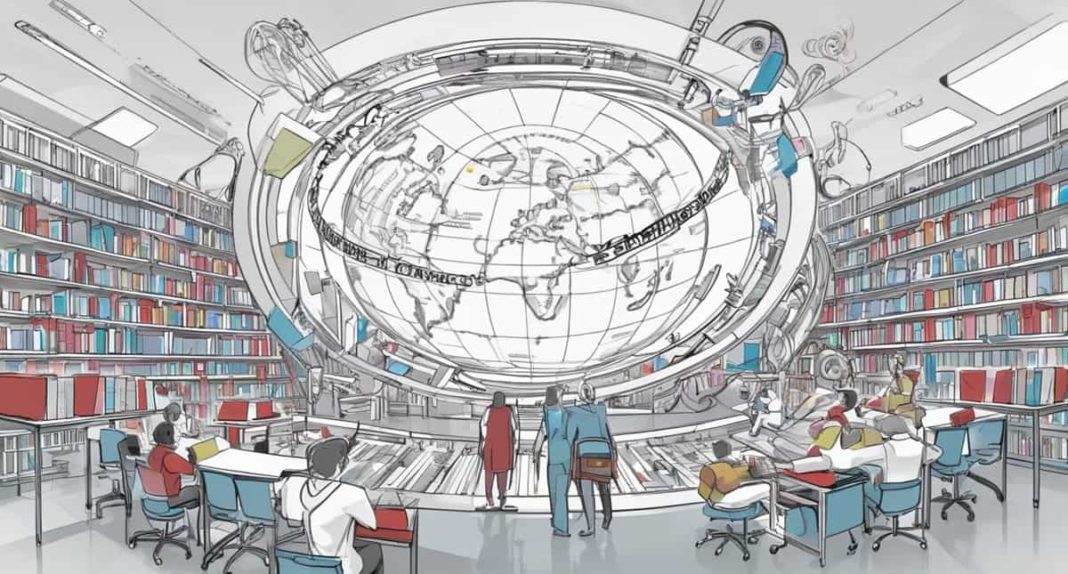In the dynamic landscape of higher education, a profound paradigm shift is underway, challenging traditional notions and emphasizing a new focus on methodology and outcomes rather than content and technology. This transformative era heralds a departure from the age-old emphasis on voluminous content delivery and the relentless pursuit of cutting-edge technology. Instead, educators and institutions are recognizing the significance of robust methodologies and tangible outcomes in preparing students for the challenges of the modern world.
The Rise of Methodology
Historically, higher education has been synonymous with content delivery. Lectures, textbooks, and vast amounts of information were the cornerstones of academic instruction. However, the current era places a premium on methodology – the systematic approach to teaching and learning. Educators are acknowledging that the process of acquiring knowledge is as important, if not more so, than the content itself.
Methodology encompasses a diverse range of pedagogical approaches, including active learning, problem-based learning, collaborative learning, and experiential learning. These methodologies prioritize student engagement, critical thinking, and practical application of knowledge. By shifting the focus from passive absorption to active participation, students are better equipped to tackle real-world challenges.
Outcomes-Based Education
In the contemporary higher education landscape, the emphasis on outcomes is gaining prominence. Outcomes-based education (OBE) is a student-centered approach that defines learning objectives and assesses students based on their mastery of these objectives. This shift represents a departure from traditional assessments that merely measure the amount of content retained.
OBE focuses on the development of competencies, skills, and abilities that students can apply in professional settings. Employers increasingly value graduates who not only possess knowledge but can also demonstrate practical skills and critical thinking abilities. By aligning curriculum design and assessment strategies with desired outcomes, higher education institutions are better-preparing students for success in the workforce.
Technology as a Tool, Not an End
While technology has played a pivotal role in reshaping education, the current era recognizes its role as a facilitator rather than an end in itself. In the past, the integration of technology often took precedence over pedagogical considerations, leading to a digital divide in educational outcomes. Now, the focus is on leveraging technology to enhance methodologies and achieve meaningful outcomes.
Blended learning, flipped classrooms, and the integration of educational technologies are seen as tools to support effective teaching methodologies rather than substitutes for traditional instruction. Virtual simulations, online collaboration platforms, and adaptive learning technologies are harnessed to create dynamic and personalized learning experiences that align with the overarching goal of achieving measurable outcomes.
The era of methodology and outcomes in higher education represents a transformative period that challenges the traditional paradigms of content-centric education and technology-driven approaches. Embracing robust methodologies that prioritize active learning and outcomes-based education prepares students for the complexities of the modern world. By recognizing the importance of practical skills, critical thinking, and real-world application, higher education institutions are better positioned to fulfill their mission of equipping students for success in their future careers. This paradigm shift signals a positive evolution in the way we approach education, ensuring that learners are not only knowledgeable but also capable and adaptable in an ever-changing global landscape.
Also Read: Benjamin Talin: Navigating Uncharted Paths to Inspire Change



